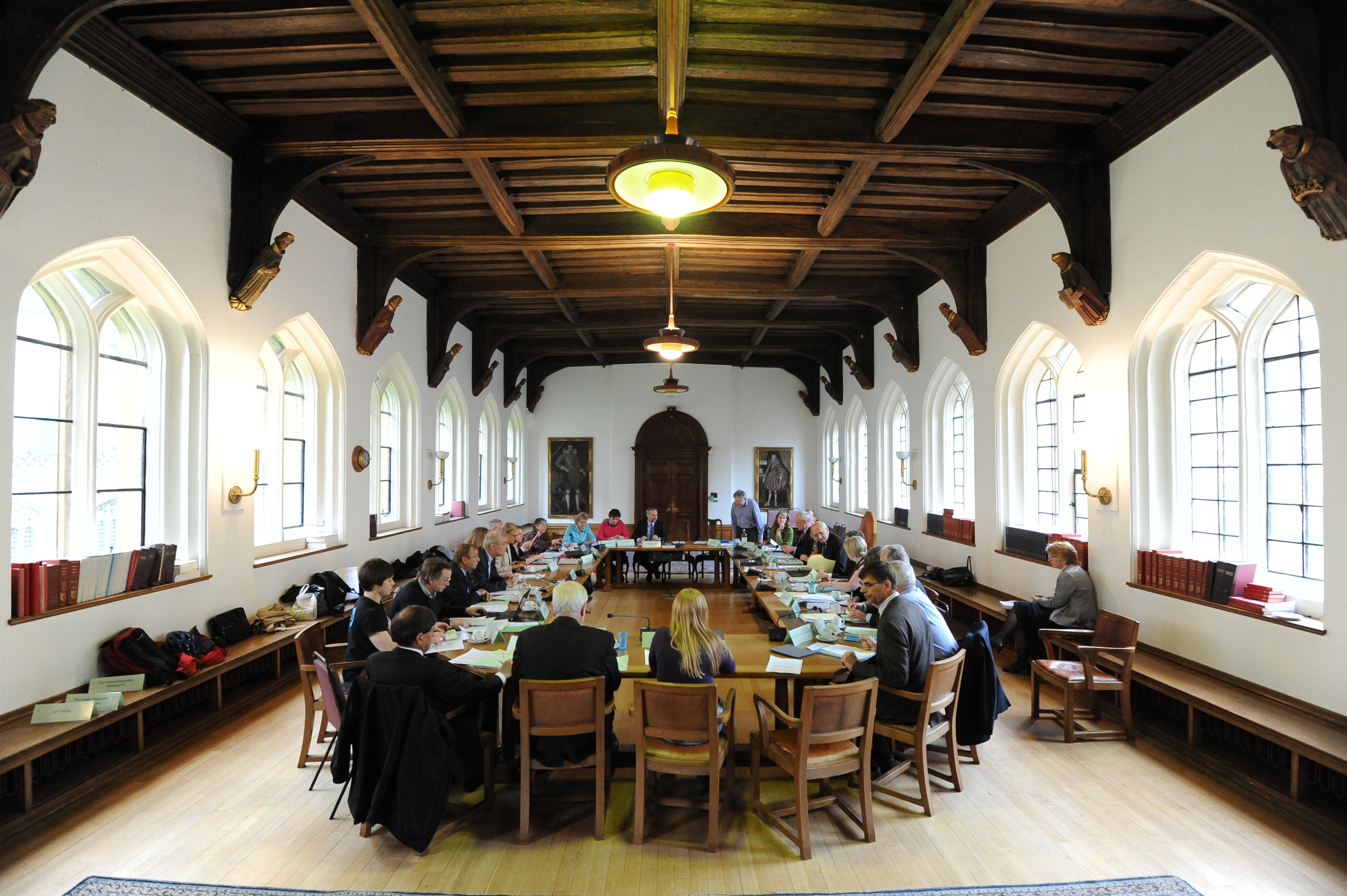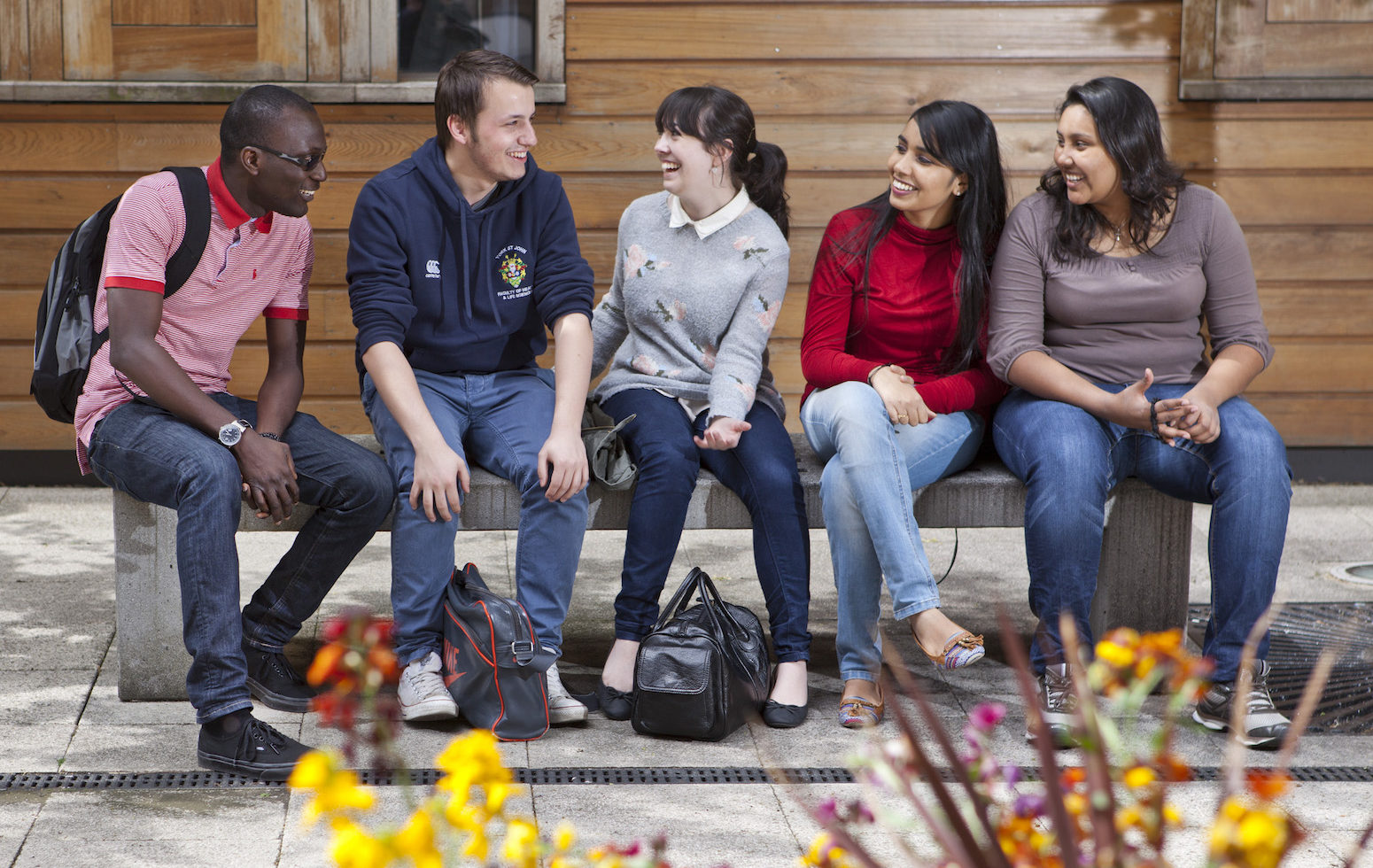Consent. It’s as simple as a global pandemic
Dr Nina Burrowes, founder of the Consent Collective, discusses how to implement the latest guidelines and initiate conversations around consent.


Guidelines and frameworks are well outlined when it comes to tackling gender-based violence, addressing sexual harassment and doing the work needed within the higher education sector to address these topics.
We see the guidelines more and more clearly giving us a collective message of action, such as within the Statement of Expectations by the OfS and the Equally Safe framework in Scotland. These frameworks ask us to consider the best methodologies to support survivors, raise awareness in a meaningful, measurable and trauma-informed way in order to effect sustained culture change.
This raises the important question: how do you future-proof your efforts to respond to gender-based violence on campus so that when the next piece of regulation comes out you’re already ahead of the game? More importantly, how do you make sure the effort you’re putting into this work really stands a chance of creating the kind of impact you want to see?
The Consent Collective’s answer is to move beyond the tick-box approach to consent and create sophisticated programmes of work that help staff and students explore these topics at a greater depth than the basics. Is this more work? We don’t think it needs to be. So much effort is already going into an annual roll out of workshops, campaigns, and events on consent at university campuses.
How can all of this effort make an impact?
Well, to start with, we can think about how we frame our conversations about consent. Too often these conversations are one-off moments during Welcome Week, they are seen as a necessary add-on but rarely linked to the core purpose of a university as an educator helping to prepare students for the future. There also tends to be a great emphasis on providing information and attempting to change attitudes. But being good at consent isn’t an attitude. It’s a skill. And the truth of consent is that it can be complex.
How can this complexity be brought to campus?
One of our latest video resources is called ‘Consent. It’s as simple as a global pandemic’ and in the video we talk about Covid-19 and how conversations with our peers about social distancing, wearing masks, and taking tests before we meet are great examples of navigating consent. It helps students reflect on those instances during the last couple of years where perhaps others made assumptions about their sense of safety.
Another video explains why being good at rejection is also a key component of being good at consent. These kinds of resources can help students recognise that consent is a skill for all aspects of life. We talk about consent when it comes to sex because if your students get it wrong in this area of their life they can cause a lot of harm. Being good at consent is about having an awareness of difference, thinking about power, and having an ability to have what might feel like vulnerable conversations.
These are skills that will help all of us with our personal lives. They are also skills every employer wants to see in their future leaders.
Why teaching about consent should be a core mission for educators
Educators are experts at teaching people skills and preparing them for their future.
People need guidance, a place to practice, the opportunity to fail, a chance to reflect. It’s possible to support your students to develop this skill, and no, that doesn’t mean your staff will need to be constantly talking about sex. Consent is about job contracts, issues with accommodation, it’s about navigating difficult moments in life.
Students already have an abundance of examples from their own lives of the complexities of consent that you can help them learn from. One of the best ways to learn is to teach. We support the students and staff at our partner universities to hold their own conversations about consent using our resources. Having some content to watch before or during a workshop helps give every session some expert content and it means that sessions can be followed up with more videos to watch for those who are interested.
It’s also important to think beyond consent workshops and begin to embed consent into the whole experience of being at university, from thinking about how it can be embedded into the curricula of the topics your students are studying, to making conversations about consent in our personal lives relevant and engaging.
If we move away from the one-off Welcome Week approach to consent we can start to have a year-round, degree-long approach to these conversations. It’s possible to take students on a journey with these topics, just as you do for other areas of study, and expand on their learning each year with new expert content. Our ‘Go deeper’ series provides a tiered learning experience, taking conversations about consent, relationships and being a bystander beyond the basics and really giving students (and staff) something to think about.
Yes, consent can be complex. But the kind of personal development and professional expertise you can gain from being supported in thinking about these topics in a much richer way are well worth the effort.
Footnotes:
Dr Nina Burrowes is a psychologist, author, speaker and activist specialising in sexual violence and domestic abuse. She is also the founder of The Consent Collective.
Further resources from The Consent Collective.
Learn more about Consent Collective TV
Listen to our thought-leadership seminar: Responding to sexual harassment on campus
Online course: Essential psychology when investigating sexual harassment on campus
Wellbeing and CPD online course: How do people heal from trauma?
Related Blogs


